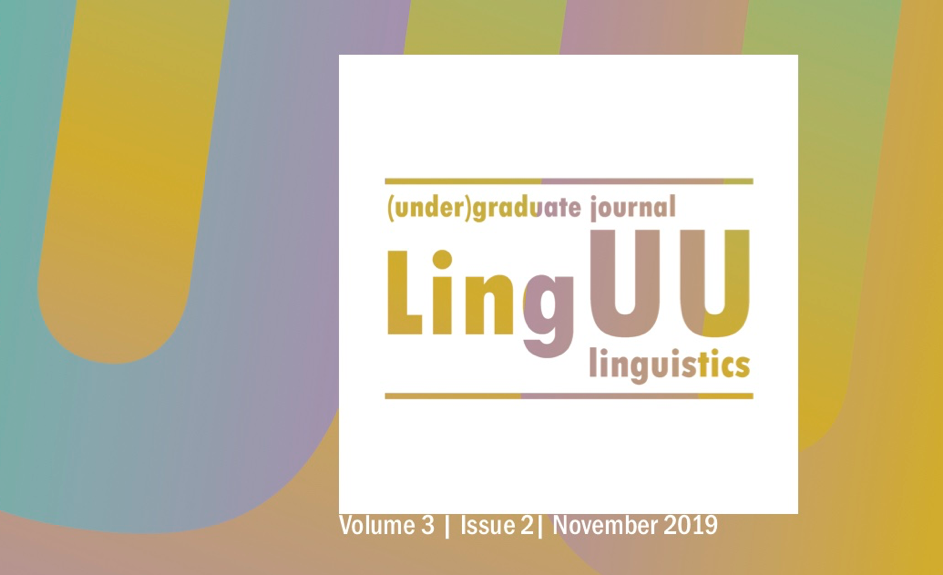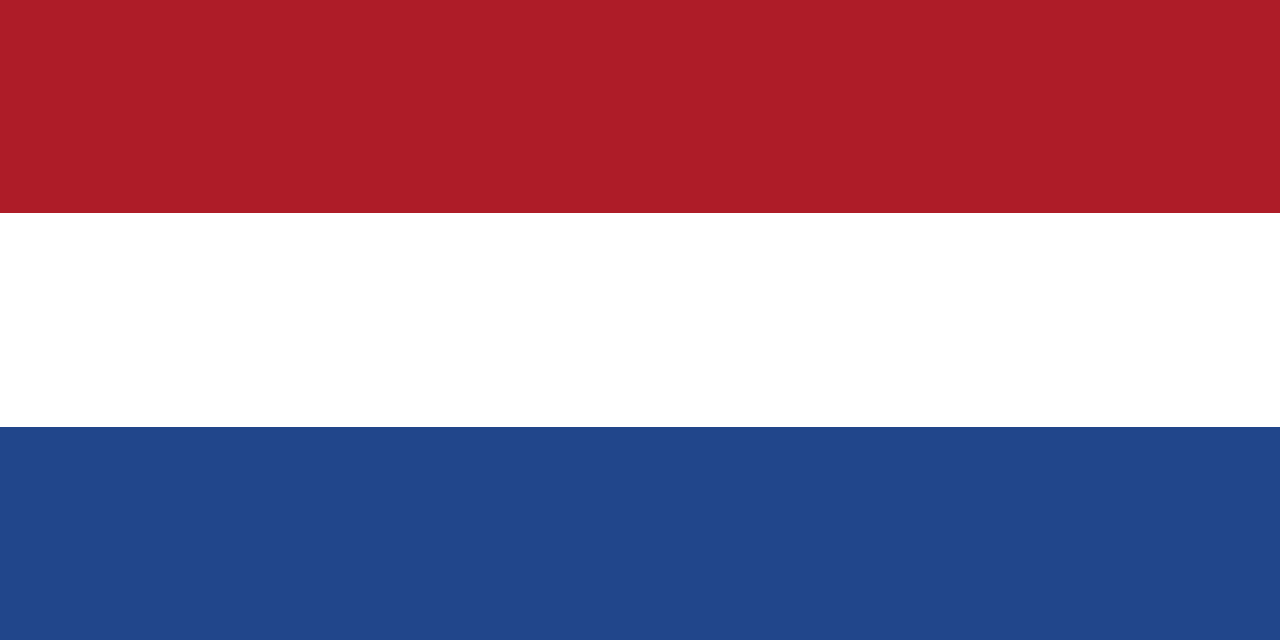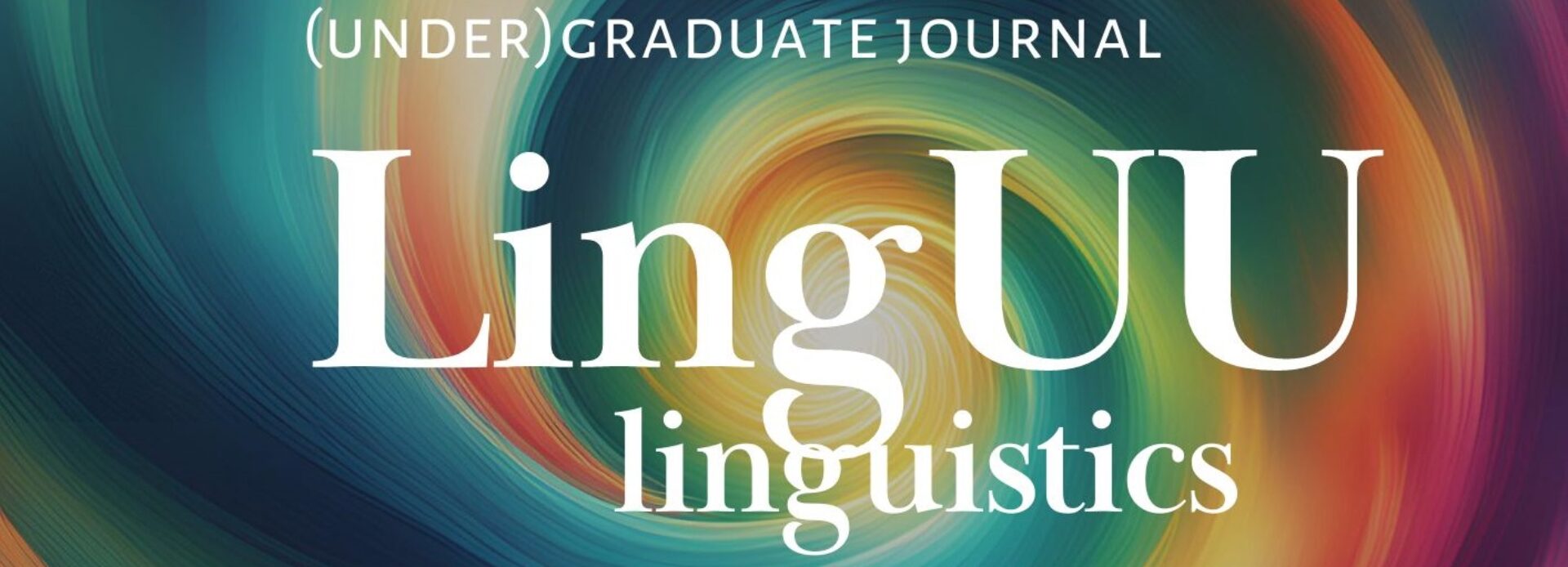
LingUU 3.2 is out now! The fifth issue of LingUU Journal features articles on various linguistic topics, written by students from different BA and MA programmes. Download the entire issue, browse through the contents, or order a paper copy (while supplies last).
Walther Glödstaf (RMA Linguistics) discusses long distance case assignment on Finnish direct objects. It has been argued that they violate the Phase Impenetrability Condition, stating that operations cannot take place across multiple phases (Brattico, 2014). He proposes an analysis to show that this is actually not the case using data from Finnish relative clauses.
Sanne Ditewig (RMA Linguistics) proposes a study on children with ALI (Autism Language Impairment) and their knowledge of the constraints on the binding of reflexives. Previous research has shown that children with ALI do not have full knowledge of the constraints on the binding of reflexives, however this was only tested for the c-command constraint of Principle A. Sanne suggests to also look at the locality constraint of Principle A, in order to investigate the nature of this impairment.
Judith Brinksma and Nelleke Jansen (RMA Linguistics) report on their study on phonetic convergence of students who are originally from Limburg and now live in Utrecht. They compare these students’ pronunciation of two phonemes, /ɣ/ and /v/, with that of students who are raised in Utrecht in two tasks: reading a word-list out loud and a socio-linguistic interview. Factors affecting the differences in convergence found between the participants are also discussed.
Milou Leeijen (MA Meertaligheid en Taalverwerving) examines
non-standardized dialects in Northern Brabant. Leeijen focuses primarily on morfo-syntactic similarities and differences between the Noord-Meierijs and Kleverland dialects. Topics discussed include: doubling of the subject, double negation, adjectives, the inflection of pronouns and the inflection of articles. This should result in either finding a clear boundary between both dialects or discovering that both dialects have influenced each other.
Dylan Bonga (RMA Linguistics) analyzes two programs which can be used to classify errors that second language learners make in the correct use of prepositions. He suggests that while these programs both perform quite well, their recall levels constitute something that might be improved upon. To solve this problem, Bonga proposes to incorporate the effect of native language transfer into error classification programs.
The guest paper by Nizar Hirzalla (MSc Artificial Intelligence, Vrije Universiteit Amsterdam) discusses the linguistic characteristics of social media text messages from populist parties. Through a computational analysis using different kinds of Natural Language Processing (NLP), the rhetorical and linguistic patterns have been detected. The analysis is based on a comparison between two Dutch populist parties, PVV and Identitair Verzet and an upcoming party, The Yellow Vest Movement.
Janna van Egmond (MA Taal- en Spraakpathologie) interned at the UMC in Utrecht where she worked on data collection for research on speech in various psychiatric disorders. During this time she also worked on her own Bachelor’s thesis about language in schizophrenic patients.
Roos Kerrebijn (BA Dutch Language and Culture & BA Linguistics) discusses The Infinite Gift by Charles Yang which is about the impressive language abilities of children. Roos invites all to read the book because of its writing style and Yang’s knowledge of his field and adjacent fields.
Finally, we have a little surprise: this issue contains our brand new section,The Daily Linguist!


